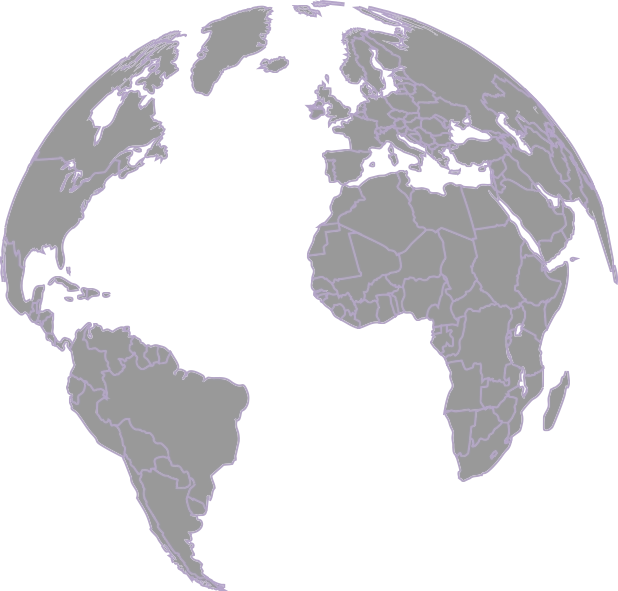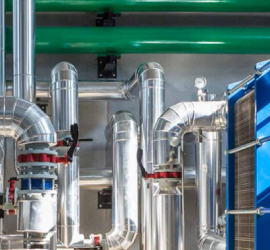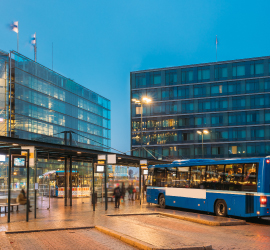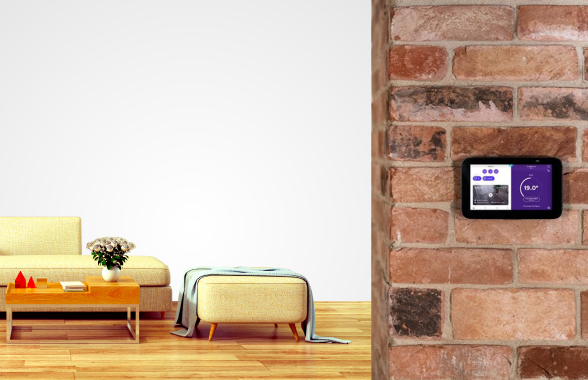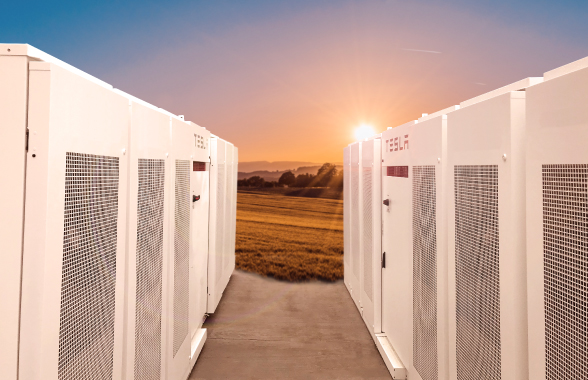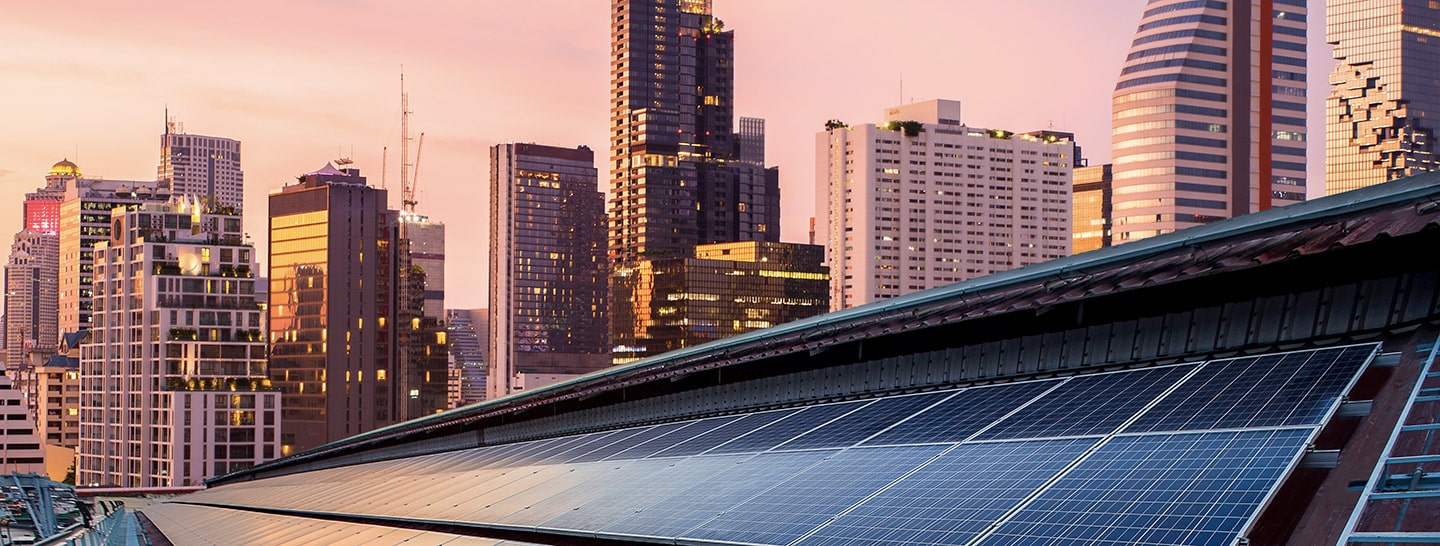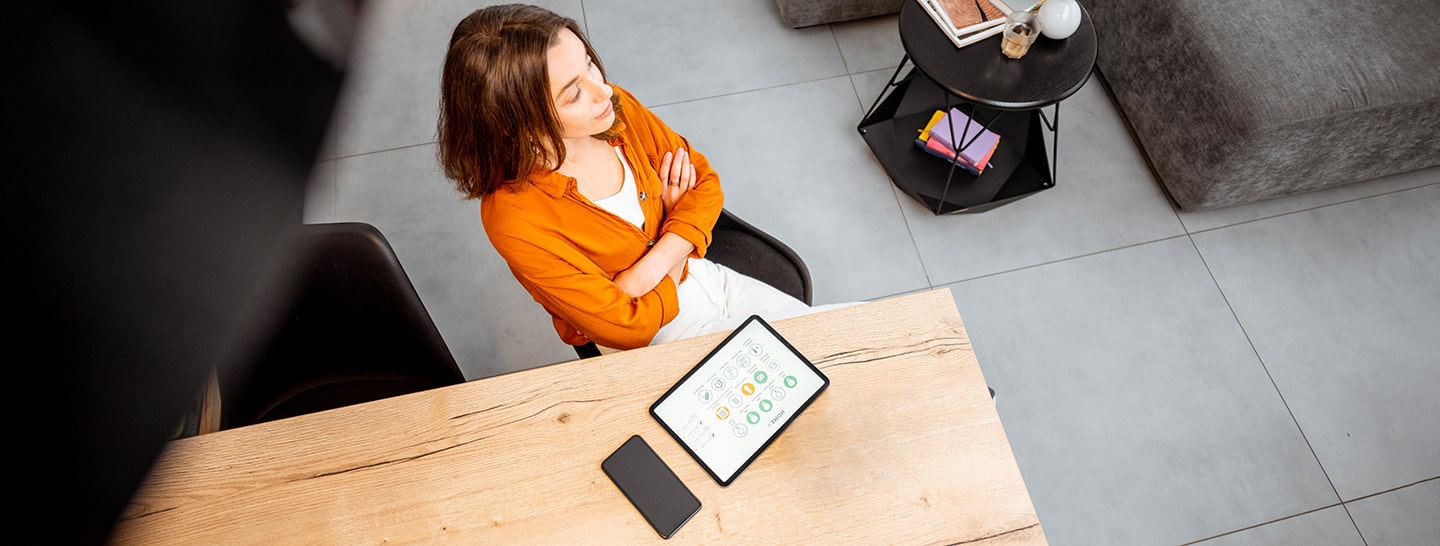What does off the grid mean? Being off the grid means not being physically hooked up to utilities by wires, pipes or cables. Off-grid homes therefore rely completely on their own energy sources, which can often be renewable energy sources such as the sun and the wind. When a building is off the grid, it means it has no physical connection or relationship with any sort of utility, and all the power it uses comes from an energy source that it generates and stores on its own.
The term self-consumption is different from living totally off the grid, because it involves being physically connected to the grid to draw power when needed. Self consumption means that homes, businesses or public adnimistrations generate their own power, and is an important part of today’s energy transition.
In the case of homes, this typically means solar self consumption through the installation of solar panels on the roof. One of the advantages of self-consumption over living off the grid is that customers opting for the former can continue to use the electricity grid when the power they generate is not available (because renewable sources are intermittent by their very nature).
